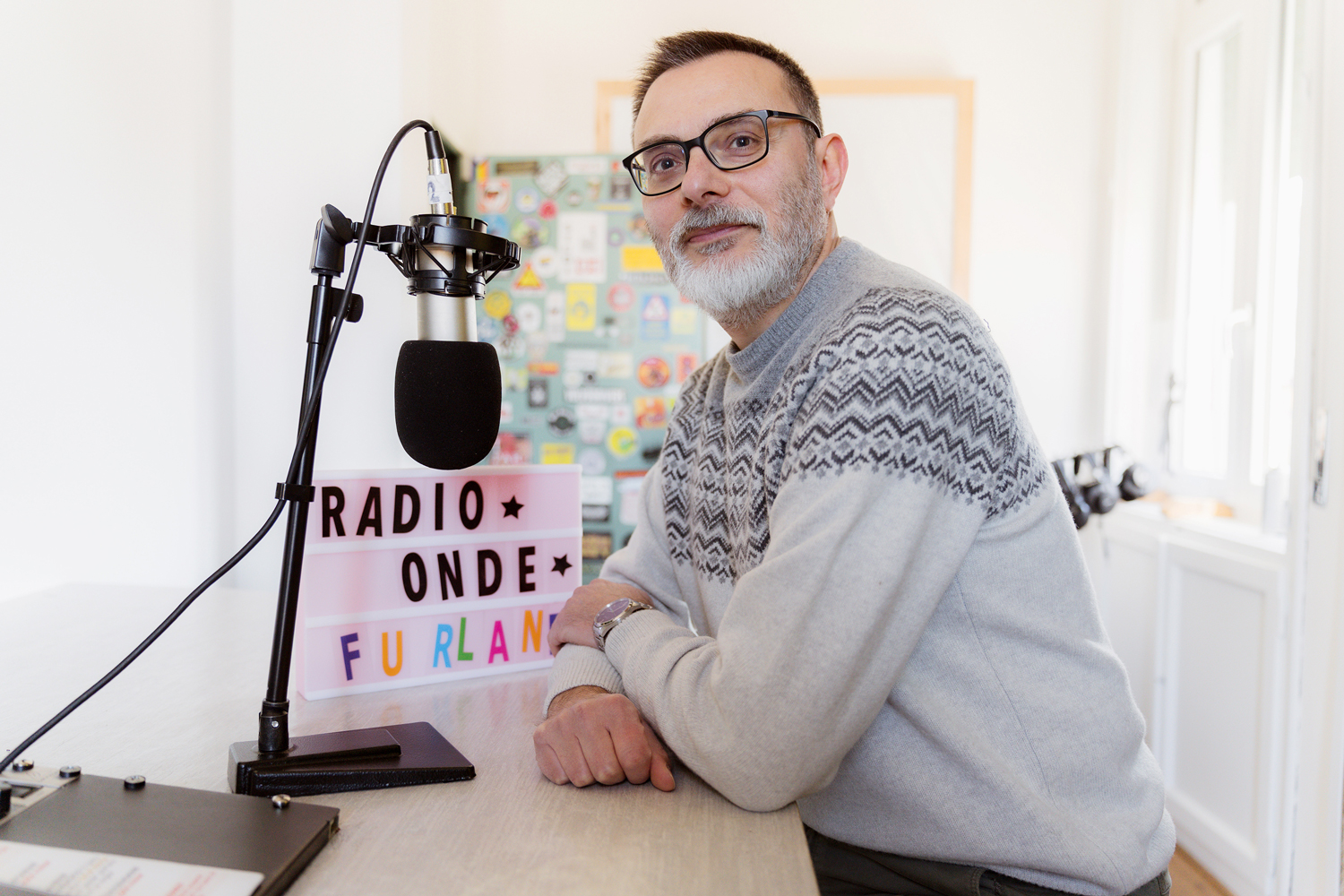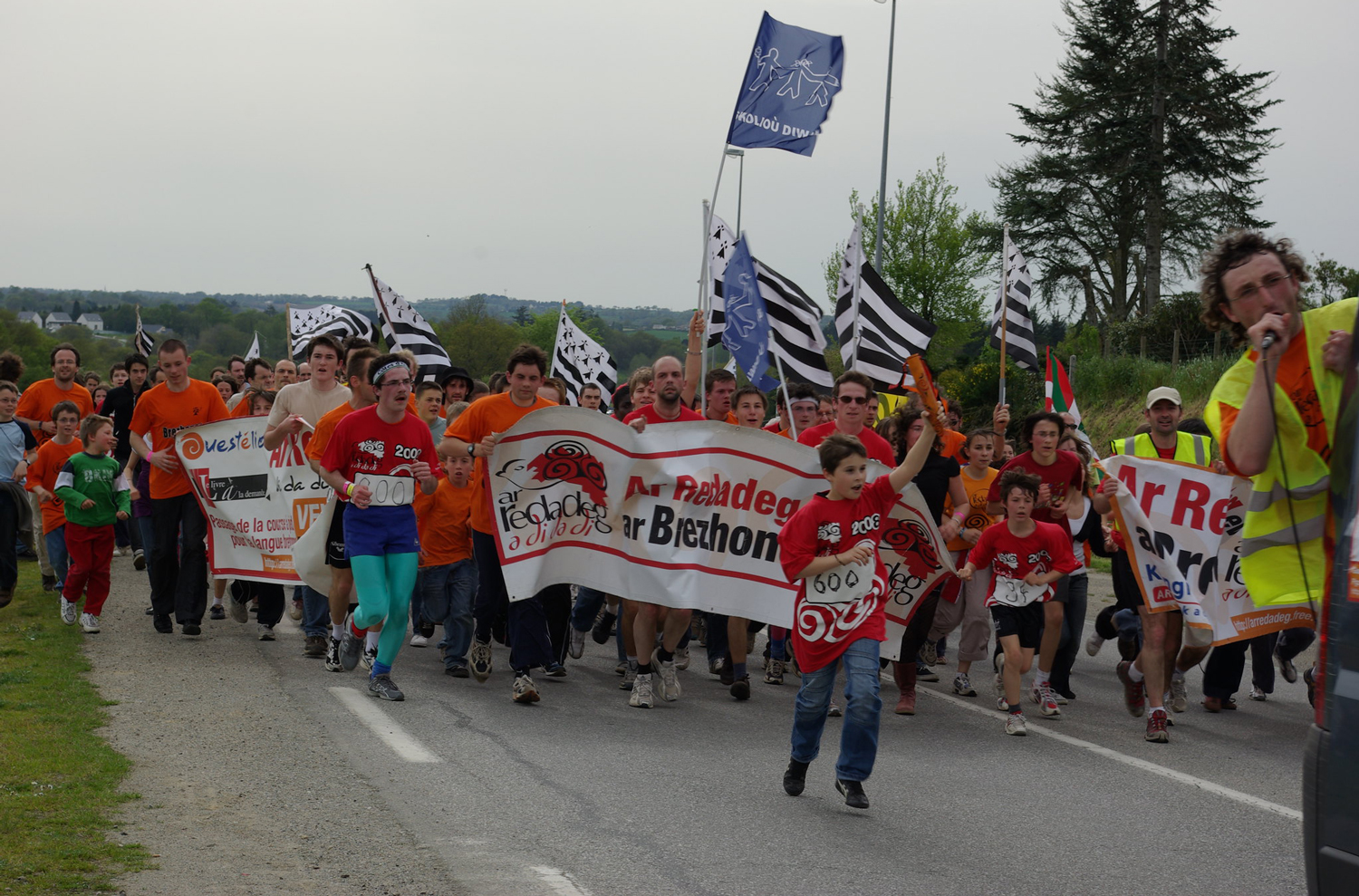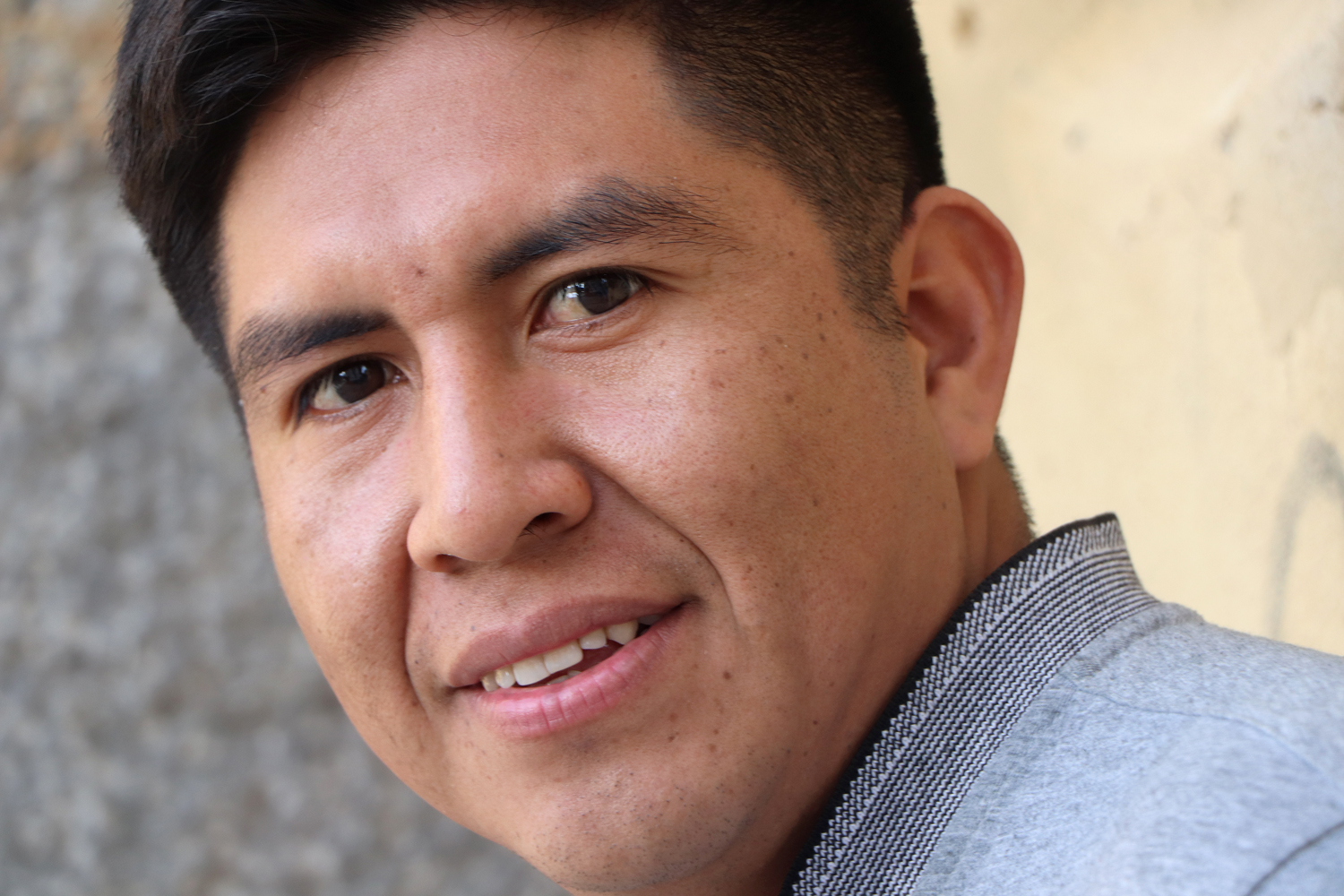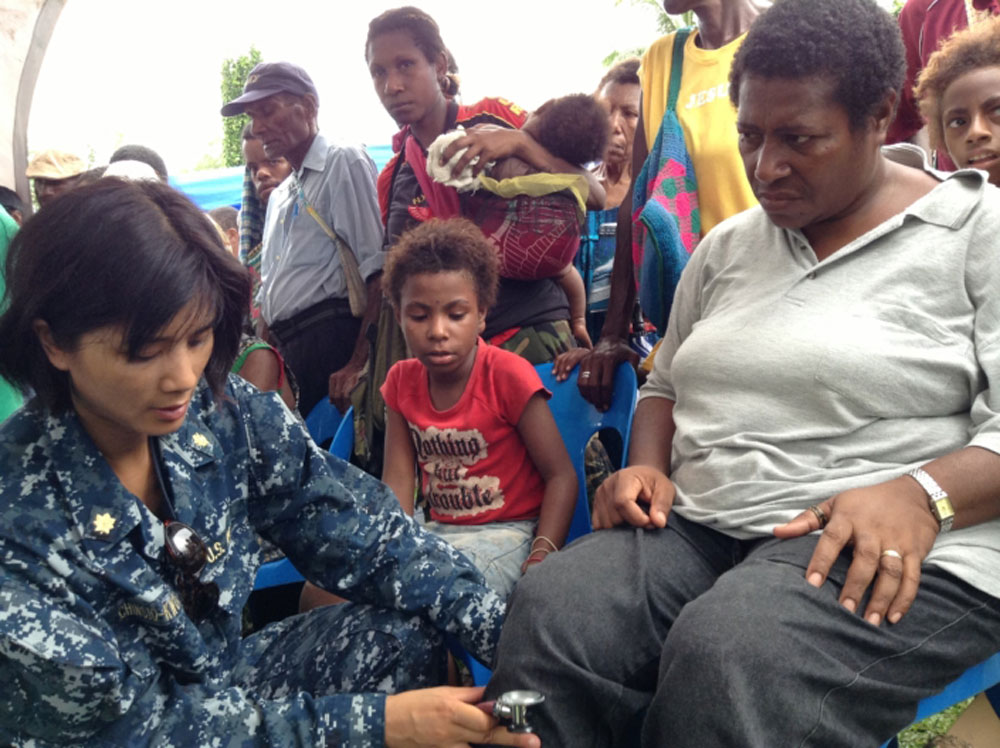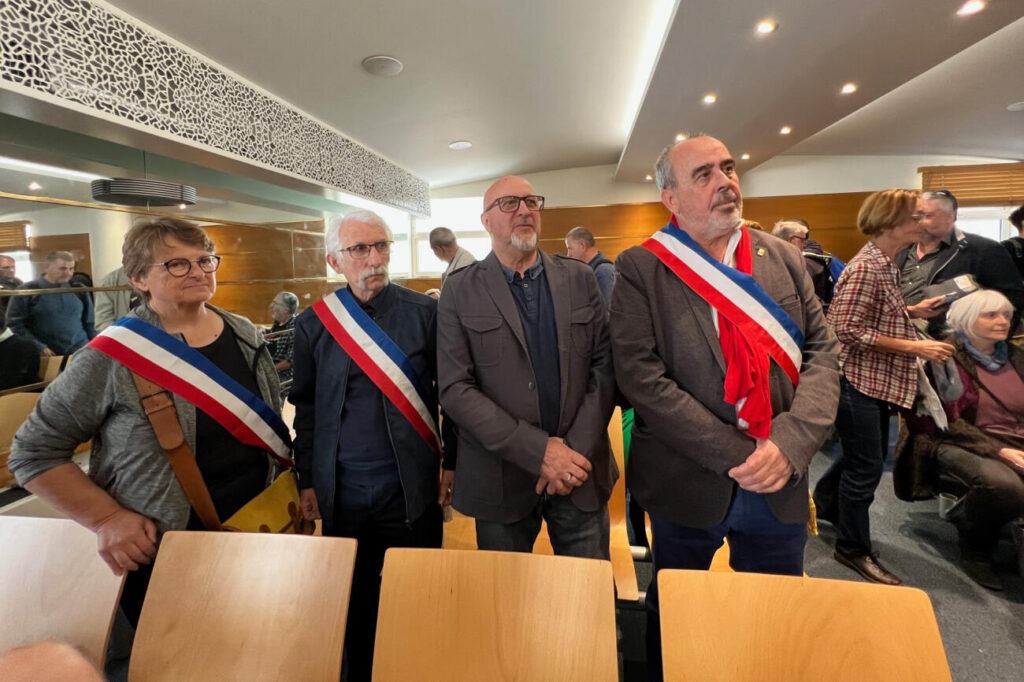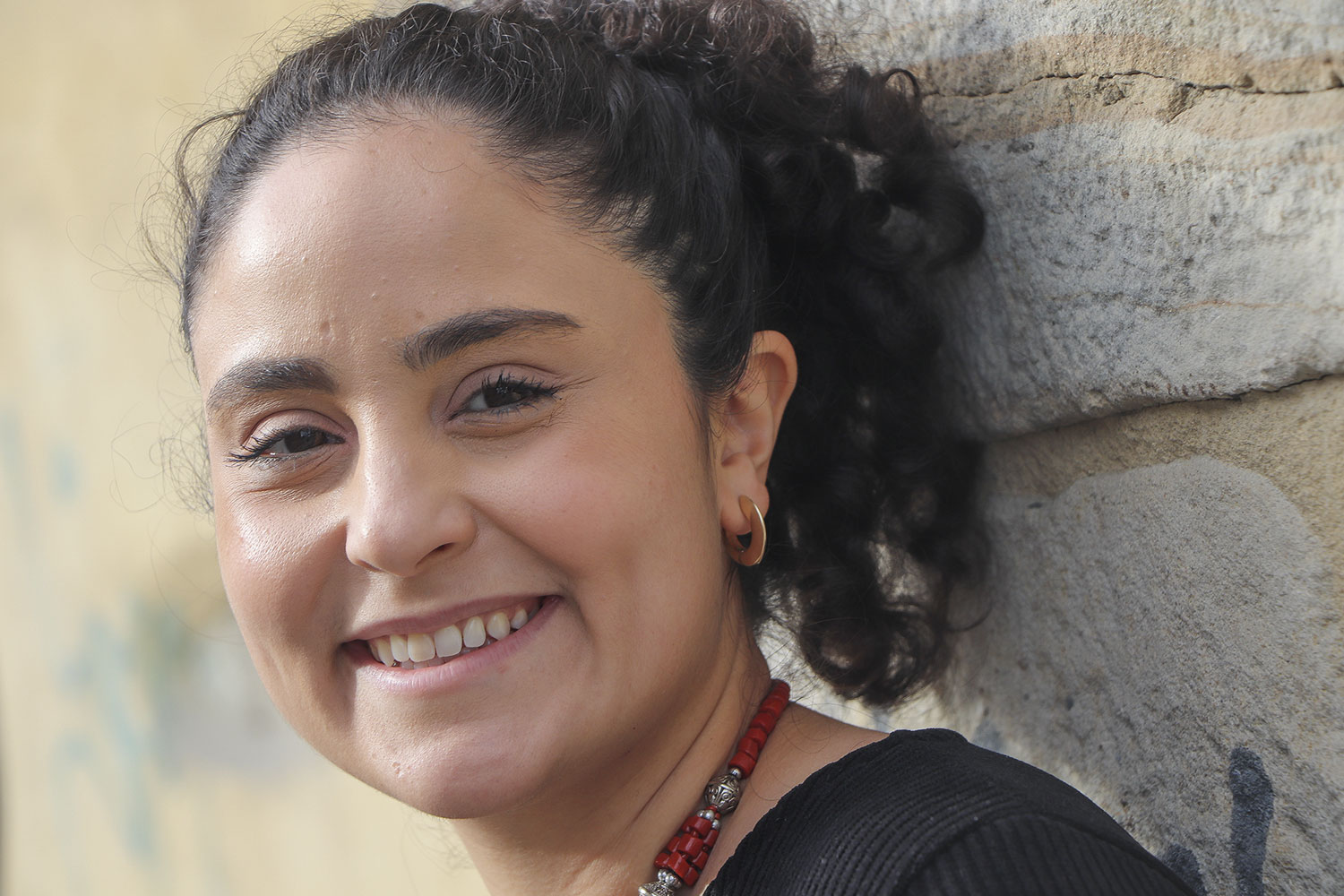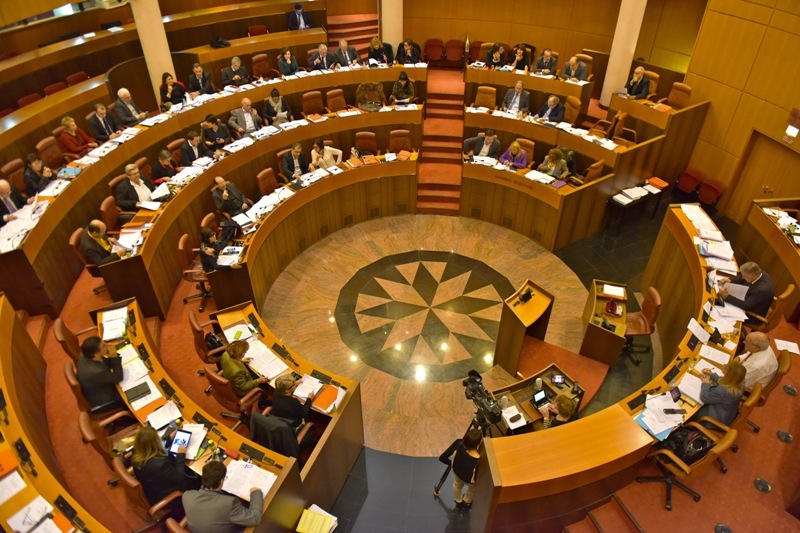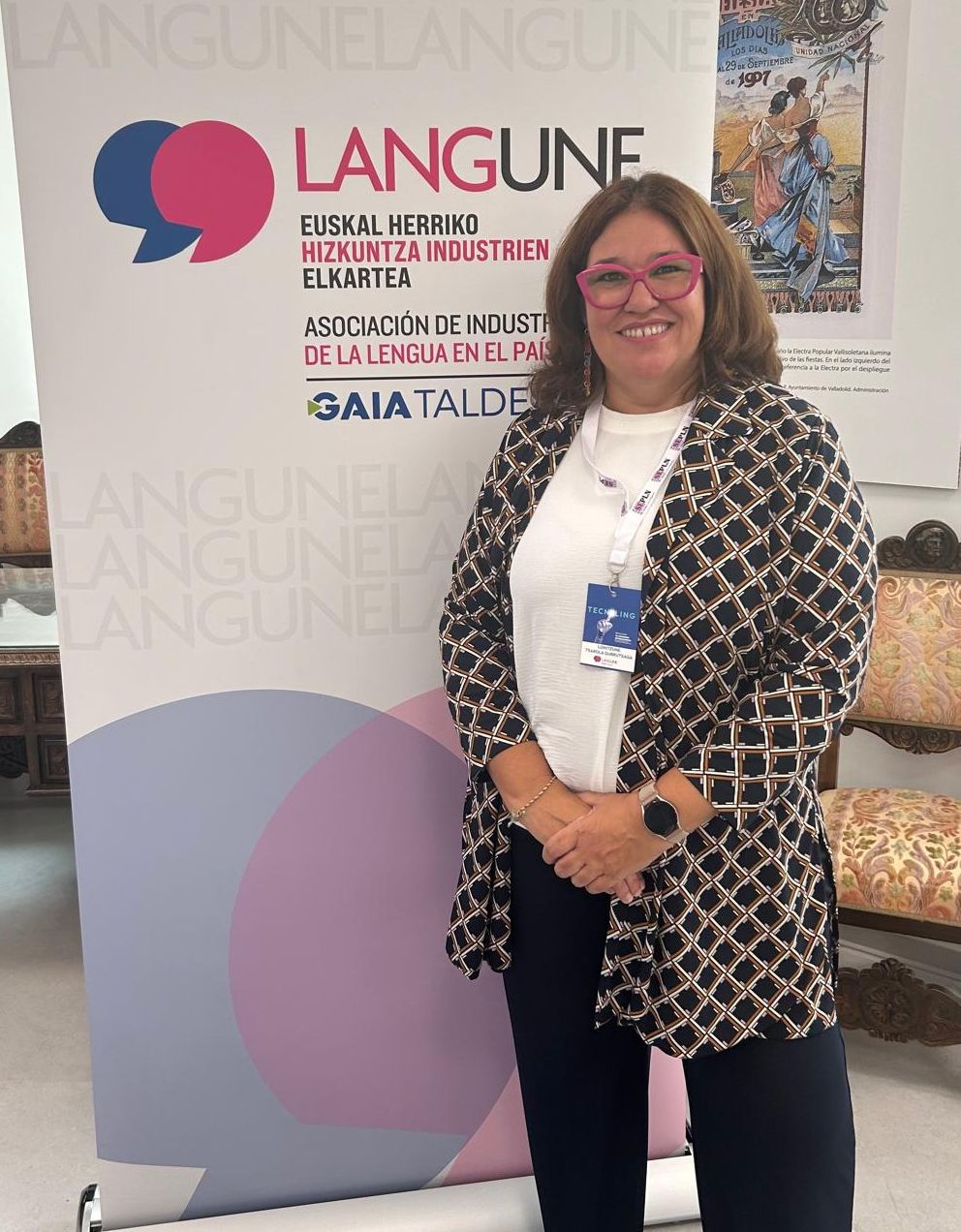Actors from Aragon, Asturias, the Basque Country, Galicia and the Catalan countries jointly call for minority languages
- Officials working for minority languages in the Spanish State presented a joint statement on Wednesday: Under the title “Linguistic diversity: freedom, equality and democracy”, they have claimed the rights of people who speak Asturian, Aragonese, Galician, Catalan and Basque.

The document highlights that 45% of citizens of the Spanish State live in territories with their own language: “Millions of citizens want to live normally, freely, under the same conditions as any citizen can live in Spanish. And, to this day, that is impossible”, stressed the different agents who signed the document (Acció Cultural del País Valenciá, Initiative pol Asturianu, Plataforma per la llengua, Òmnium Cultural, A mesa pola Normalization Linguistics, Nogara, Kontseilua and Ciemen).
In order to achieve this objective, the document considers it essential to comply with the agreements and treaties ratified by the Spanish State, such as the European Charter of Regional or Minority Languages, the Universal Declaration of Linguistic Rights and the Protocol for the Guarantee of Linguistic Rights.
But the main objective of this joint declaration, published by the actors, is to promote active policies and to send their message to the political parties to assume the principles of linguistic equality as a guarantee of a “just, plural and democratic” society.
According to the declaration, they should comply with six points: that the languages of their own do not give the same rights and duties as Castilian; that the State and its dependent bodies recognize their multi-lingual character, following the model of Belgium, Switzerland or Canada; that they should promote reforms for the formalisation of their own unofficial languages yet; that the parity between their own languages and Castilian in public administration posts, including at international level; and not limit administrative divisions.
“We demand true respect for the rights and duties and committed action by all the powers of the State. With that, it will win coexistence, our society will win, the person will win, democracy will win and equality will win”, they have concluded.
Lagun asko sumatu dut kezkatuta euskaldun gero eta gutxiagok ahoskatzen duelako elle-a. Haur eta gazte gehienek bezala, heldu askok ere galdu du hots hori ahoskatzeko gaitasuna, idatzian ere nahasteraino. Paretan itsatsitako kartel batean irakurri berri dugu: altxorraren biya... [+]
570.000 familiak euren haurren ikasgeletako hizkuntza nagusia zein izango den bozkatzeko aukera dute martxoaren 4ra arte: gaztelera edo katalana. Garikoitz Knörr filologoaren eta euskara irakaslearen arabera, kontsultak "ezbaian" jartzen du katalanaren zilegitasuna... [+]
Iragan urtarrilaren hondarrean, Bretainiako lurraldeko bi hizkuntza gutxituei buruzko azken inkesta soziolinguistikoaren emaitzak publiko egin zituzten bertako arduradunek. Haiek berek aitortu zuten harriturik gertatu zirela emaitzak ikustean. Hain zuzen ere, egoerak eta... [+]
Oinarrizko maia komunitateko U Yich Lu’um [Lurraren fruitu] organizazioko kide da, eta hizkuntza biziberritzea helburu duen Yúnyum erakundekoa. Bestalde, antropologoa da, hezkuntza prozesuen bideratzaile, eta emakumearen eskubideen aldeko aktibista eta militante... [+]
Korsikako legebiltzarkideek ezin dute Korsikako Asanblean korsikeraz hitz egin, Bastiako Auzitegiaren 2023ko epai baten arabera. Ebazpen horri helegitea jarri zion Asanbleak, baina debekua berretsi du orain auzitegi berak. Epaiak tokiko beste hizkuntzei eragiten diela ohartarazi... [+]








